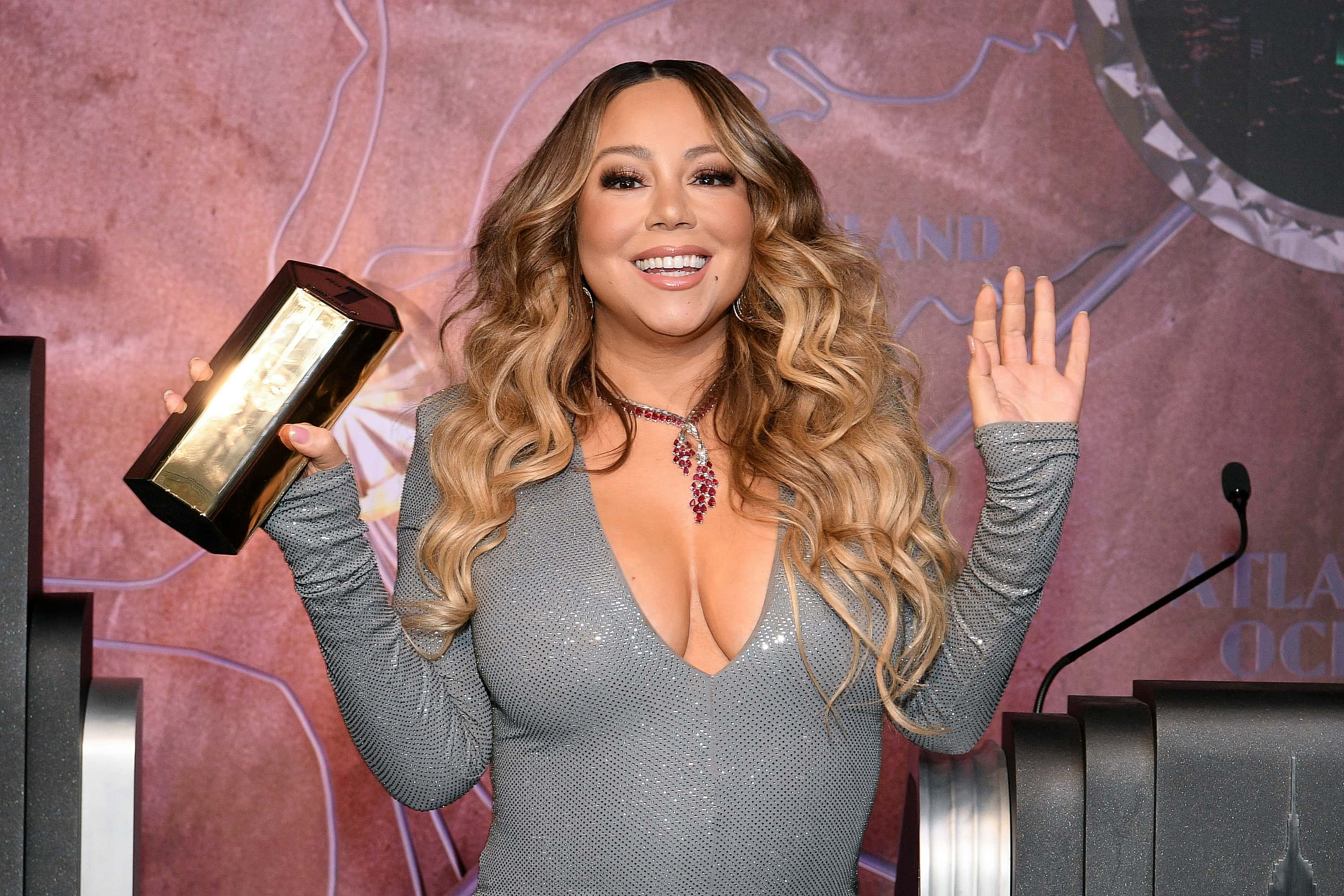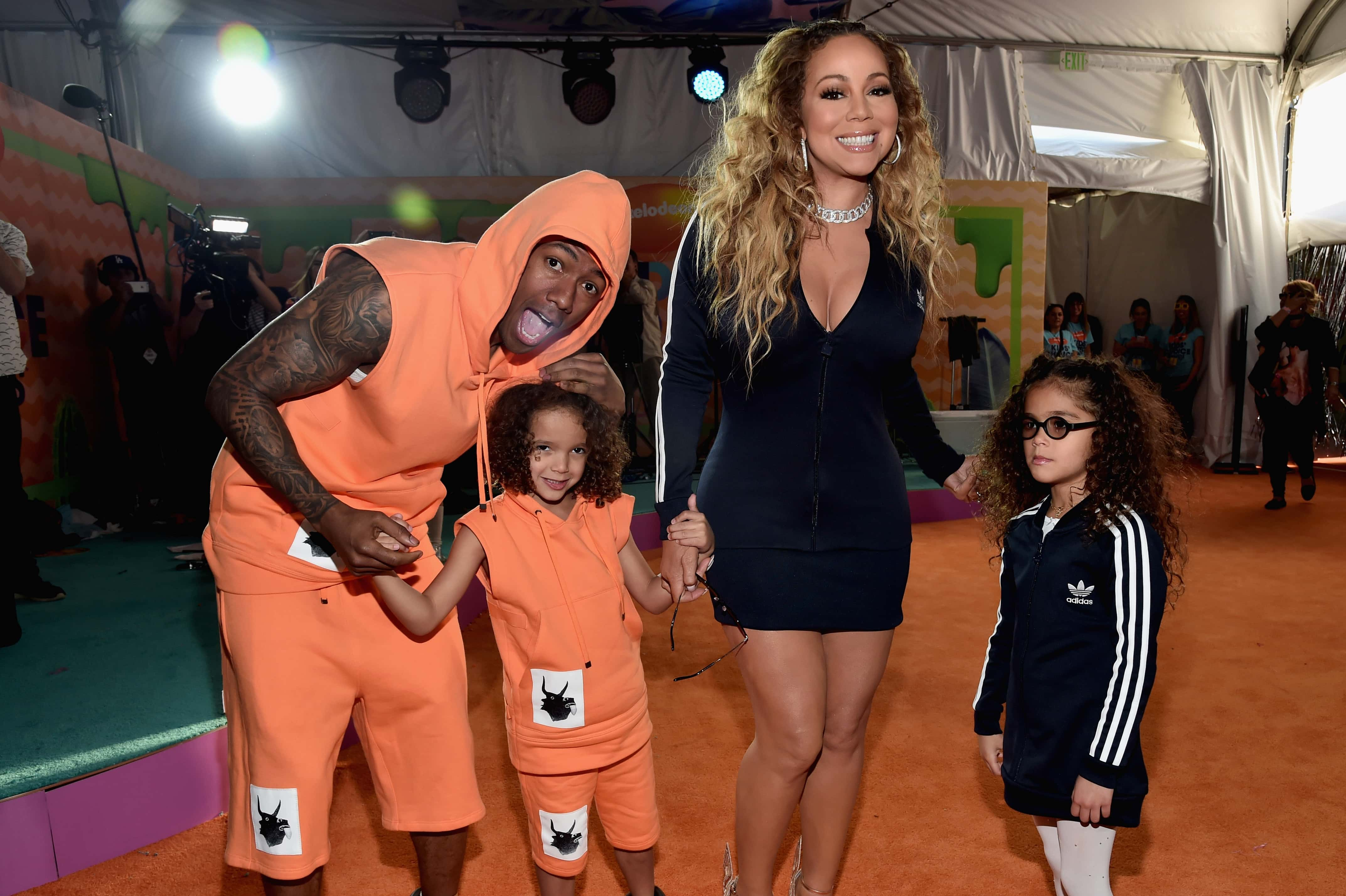Mariah Carey struggled growing up bi-racial, says she's not 'thrilled to be this skin tone all the time'

Pop diva Mariah Carey turned 50 this year, and after completing an eventful half-a-century on Earth, will be coming out with a revealing new memoir, titled 'The Meaning Of Mariah Carey', which will release on September 29. In the book, Carey touches on her some of her high-profile relationships, such as her ill-fated marriage to Tommy Mottola, the former CEO of Sony Music, and her fling with the baseball superstar Derek Jeter. Carey wrote the memoir in collaboration with journalist Michaela Angela Davis. Given that Carey has always previously alluded to the people and events in her life via her lyrics, this book is essentially a lifting of the lid on some of the topics that the singer has kept close to her heart. “It’s like I’ve been telling this story if someone cared to look deep enough," the singer admitted in a recent interview with Vulture. “I just feel like there’s no way anybody could have known the complexities and the layered situation that is my life.”

One of the things that the singer admitted she struggled with was growing up as a biracial girl in a predominantly White neighborhood. Carey was born to a White opera singer mother, Patricia, and a Black engineer father, Alfred Roy, and her parents split up when she was just three. Her mother was actually disowned by her own Irish-American family for having children with Alfred, and it seems like stability and identity was something that Mariah always craved when it came to her family life. According to Mariah, being of mixed race made her feel like she was not White enough, but at the same time, “not Black enough to scare people into not saying stuff around me.”
She admitted that she was often subjected to racial slurs and insults growing up (such as the N-word), which later resulted in her penning the lyrics to the song 'Outside' in 1997. The lyrics go: “Standing alone / Eager to just believe it’s good enough to be what / You really are / But in your heart / Uncertainty forever lies / And you’ll always be / Somewhere on the / Outside" and paint a poignant picture of the young artiste.
“The truth is I will never say I had the same experience as a darker-skinned woman,” the lighter-skinned Carey admitted. She was famously run through the wringer by the music industry who misunderstood her heritage when she first started out. She was called a “White singer who has a Black vocal style” and was also called a “White Whitney Houston.”
“Believe you me, I’m not thrilled to be this skin tone all the time,” she confessed, and later queried, “How was I supposed to fit in? I was, like, the only one that’s this weird mutant, mutt — using an antiquated phrase that I’m not asking anyone else to ever use again, but I’m embracing it — mulatto girl. I’m not even embracing it. It’s a horrible way of defining somebody. It actually means ‘mule.’”

This “otherness” even cost Mariah a sense of stability, since she admitted her appearance “distanced me from the comfort of support and protection from some Black people. Which is an even deeper kind of a pain, pile of pain, if that makes sense. It’s been a lot.” But at least when it comes to her 9-year-old twins, Moroccan and Monroe, whom she raised with ex-husband Nick Cannon, their future is a little more secure. “They have stability,” she admitted. “That's what I didn't have... They understand that they are Black. They have a whole lot of self-esteem and self-worth that I never had. And I probably still don't now.”










